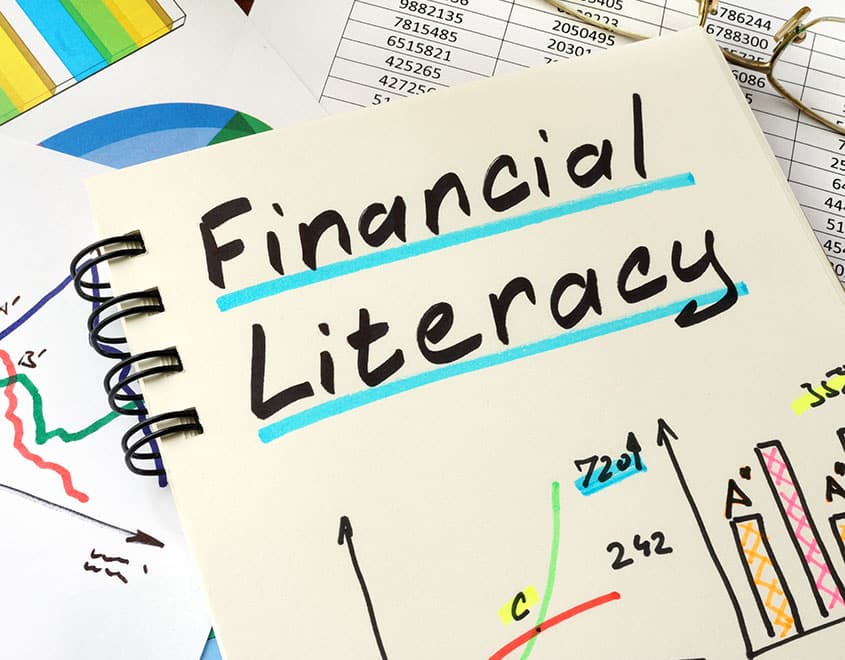Financial literacy is a critical skill that influences almost every aspect of adult life, from managing personal budgets to making informed investment decisions. Despite its undeniable importance, financial literacy is often missing from school curriculums, leaving many young people unprepared for the financial challenges they will inevitably face. This absence can be attributed to several factors, including outdated educational priorities, the lack of trained educators, and societal assumptions about where financial education should take place.

One of the key reasons financial literacy is not emphasized in schools is the traditional focus of education systems. Historically, schools have prioritized subjects like mathematics, science, and language arts, with the goal of preparing students for specific careers and higher education. Practical life skills, such as managing money, were not considered essential components of a formal education. This focus has remained largely unchanged, even as the financial landscape has become more complex, leaving a gap in students’ readiness to handle real-world financial situations.
The lack of trained educators is another significant barrier to incorporating financial literacy into school curriculums. Teaching financial concepts requires specialized knowledge that many teachers may not possess. Most educators are trained to teach academic subjects, and they may not feel confident or equipped to deliver lessons on personal finance. Additionally, integrating financial literacy into the curriculum would require significant resources, including professional development for teachers, which many schools are unable to provide due to budget constraints and competing priorities.

Societal assumptions also play a role in the absence of financial literacy education in schools. There is a widespread belief that financial education should be the responsibility of parents or guardians, rather than schools. This assumption overlooks the reality that not all parents have the knowledge or skills to effectively teach their children about money management. As a result, many young people enter adulthood with little to no understanding of how to manage their finances, leading to issues such as debt, poor credit, and inadequate savings.
The consequences of this educational gap are far-reaching. Without a solid foundation in financial literacy, individuals are more likely to make poor financial decisions, which can have long-term impacts on their economic well-being. They may struggle with budgeting, saving, and investing, and may find themselves unprepared for financial emergencies. As the economy becomes increasingly complex, with a growing array of financial products and services, the need for financial education in schools becomes even more critical.
In conclusion, the absence of financial literacy in school curriculums can be traced to outdated educational priorities, a lack of trained educators, and societal assumptions about financial education. However, as financial challenges continue to grow in complexity, it is essential that schools recognize the importance of equipping students with the financial skills they need to succeed. By integrating financial literacy into the curriculum, we can better prepare future generations for the economic realities they will face, ultimately leading to more financially secure and informed citizens.




